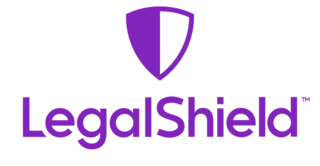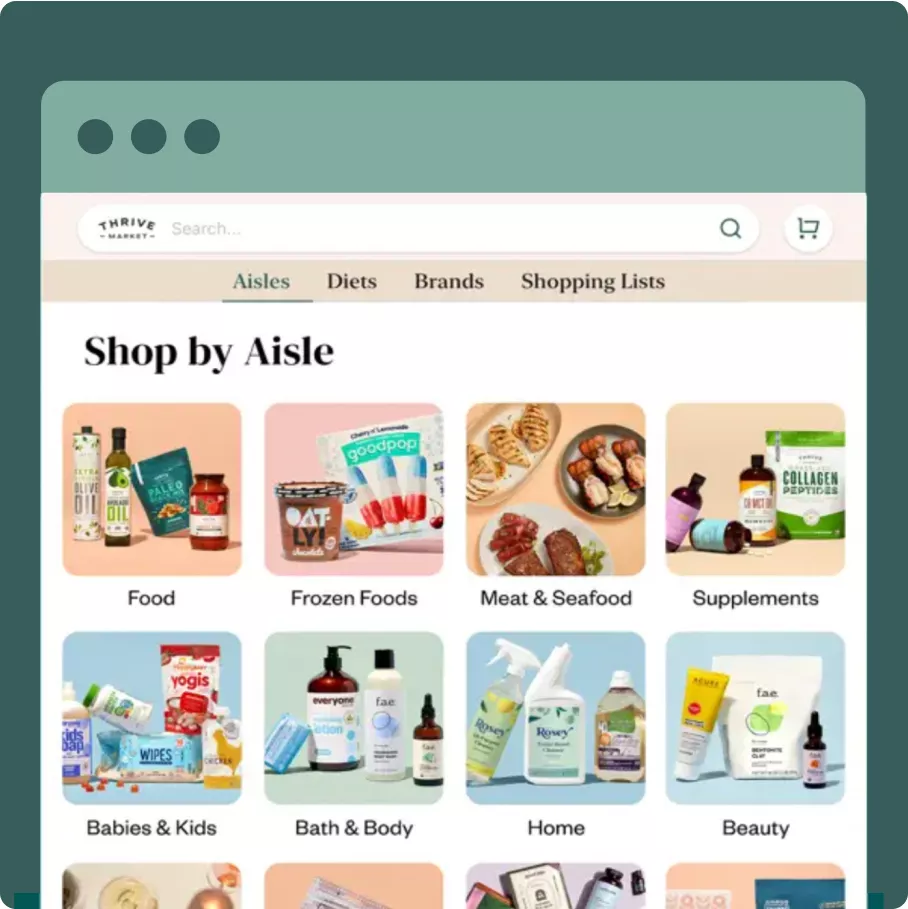Bangkok is the kind of city that rewards curiosity. It’s intense, colorful, and constantly moving—where gilded temples sit just minutes from ultra-modern malls, and where a quiet moment of devotion can exist beside a street buzzing with traffic and food stalls. Whether you’re stopping over on the way to Australia or planning a dedicated holiday in Thailand, a few days in the Thai capital can easily become the highlight of your trip—if you plan smart and choose experiences that show you different sides of the city.
In this article, you’ll find five of the best tourist destinations in Bangkok for 2026, chosen to give you a balanced taste of history, river scenery, spiritual culture, shopping, and local-market energy. These aren’t the only places worth visiting (Bangkok has far too many for a single list), but they are consistently memorable and visitor-friendly—especially if this is your first time in the city or you’re returning and want a reliable “greatest hits” itinerary.
No. 1
Grand Palace (Wat Phra Kaew / “Wat Prakeow”)
Grand Palace – In Thai, it is known as ‘Wat Prakeow’. This iconic location simply must be seen when you are in Bangkok, and there are guided tours, which is the best way to enjoy the tour. The English-speaking guides explain the long and colourful history of Thai royalty.
The Emerald Buddha is definitely the centrepiece, which has to be seen to be appreciated. Allow half a day for this tour, and Google can help you get the details you need. After a hard day sightseeing, check out the ราคาสปา (Spa prices) and book a sensual session.
The Grand Palace complex is not only one of Bangkok’s most famous attractions—it’s one of the most visually stunning places in Thailand. The architecture is richly detailed, with gold, mosaic tiles, and ornate roofs that practically sparkle in the sun. Even if you’ve visited temples elsewhere in Southeast Asia, the scale and craftsmanship here can feel genuinely jaw-dropping.
A guided tour is strongly recommended, especially if you want the experience to be more than just a photo stop. Good English-speaking guides can help you understand what you’re seeing: why certain buildings are important, the role of Thai kings throughout history, and how Buddhism and monarchy have shaped Thai identity. That context transforms a “nice-looking palace” into a meaningful cultural experience.
Tips for visiting the Grand Palace in 2026
Go early to avoid the harsh midday heat and the heaviest crowds.
Dress respectfully (shoulders and knees covered). This is strictly enforced.
Allow at least half a day, especially if you want to explore without rushing.
Stay hydrated and consider bringing sunscreen—there are open courtyards with limited shade.
If anyone outside tells you the palace is “closed today,” be cautious. That’s a common tourist scam.
This is the landmark that most people associate with Bangkok for a reason. If you see only one cultural site in the city, make it this one.
No. 2
Chao Phraya River Dinner Cruise
Chao Phraya River Dinner Cruise – Most of the big hotels along the Chao Phraya River have dinner cruise boats that take you on a 90-minute cruise up the river, then the return journey. The package includes a delicious Thai buffet with all the firm favorites, plus a traditional Thai dance show.
You will see many Buddhist temples bathed in light, which makes for great photos, and the entire trip is well worth the cost—just over 3 hours on an incredible vessel that provides you with everything you need. The cruises usually leave the pier at around 6 pm, so make sure you are there before 5:30 pm.
If your daytime schedule is filled with temples, markets, and walking tours, the Chao Phraya dinner cruise is a relaxing way to see Bangkok from a different angle—cooler air, shimmering reflections on the water, and city landmarks lit beautifully after sunset.
Many cruises offer a similar format: a buffet (often with a mix of Thai and international dishes), music or a traditional Thai dance performance, and a steady route that passes some of the city’s most photogenic sights. Temples and riverside buildings look especially dramatic at night, and you’ll have plenty of opportunities to take photos without fighting daytime crowds.
How to get the best experience
Arrive early (as noted, around 5:30 pm is wise). Boarding can take time.
Choose a cruise with open-air seating if you want the best views and photos.
Don’t overpack your schedule beforehand—this is better enjoyed when you’re not exhausted.
If you’re celebrating something, tell the cruise operator; some offer small add-ons.
A river cruise isn’t the most “local” experience on this list, but it is undeniably enjoyable—and it’s a great option for couples, families, or anyone who wants a scenic evening without the stress of navigating nightlife logistics.
No. 3
Erawan Shrine (Ratchaprasong / Ploenchit Area)
Erawan Shrine – Located on Ploenchit Road, near the British Embassy, the shrine sits outside the Erawan Hotel, and it is famous for granting wishes; therefore, many Thais make merit at this iconic Buddhist Shrine. There are no guided tours, as the shrine sits on the side of the street, and most foreigners get a few images with the shrine in the background. Click here for an interesting blog on Bangkok.
Erawan Shrine is one of Bangkok’s most fascinating spiritual landmarks because it is so public, so accessible, and so alive with daily ritual. It sits right in a busy commercial district—surrounded by traffic, shopping, and office buildings—yet it maintains a strong sense of reverence.
Locals come here to pray, make offerings, and ask for blessings—often in moments of hope, gratitude, or transition. Even if you’re not religious, it can be a powerful cultural experience to witness: the scent of incense, the bright marigold garlands, and the steady rhythm of devotion happening in the middle of a modern city.
There are no guided tours because it’s a street-side shrine, but you don’t need one. You simply need to observe respectfully, take a few photos if appropriate, and give the space the same courtesy you would in any sacred place.
Visitor etiquette
Keep your voice low and avoid blocking worshippers.
If you take photos, do so discreetly and respectfully.
Be mindful of where you step; offerings may be placed around the shrine.
It’s a quick stop, but it adds depth to your Bangkok trip because it shows you something real and ongoing—not staged for visitors.
No. 4
Siam Paragon
Siam Paragon – A high-end shopping mall, this is where high-end Thais come to shop and drink coffee with their friends; every major designer brand has a store in the classy mall, so if you have a soft spot for Louis Vuitton or Chanel, you can find what you’re looking for at Siam Paragon. Of course, this might not interest you in the slightest, yet many tourists do visit this shopping mall.
Bangkok is famous for markets and street food, but it’s also one of Asia’s great cities for modern retail—especially if you enjoy browsing luxury brands, trying stylish cafés, or escaping the heat for an hour or two. Siam Paragon is one of the most well-known high-end malls in the city, and it attracts both locals and visitors.
Even if designer shopping isn’t your priority, Siam Paragon can still be worth a visit for practical reasons: it’s central, comfortable, and full of restaurants and cafés that make it easy to regroup between sightseeing stops. For travelers who like mixing cultural attractions with modern city life, it’s a convenient contrast to temples and markets.
Why tourists still enjoy Siam Paragon
Reliable air-conditioning (a real luxury after walking in the Bangkok heat)
Plenty of dining options for different tastes and budgets
Easy access and a good place to meet friends or family members
It’s not “essential” in the way the Grand Palace is, but it’s a popular destination because it delivers an easy, polished Bangkok experience.
No. 5
Jatuchak Weekend Market (Chatuchak)
Jatuchak Weekend Market – This is Thailand’s largest weekend market and a firm favorite with locals and tourists alike. You could not see all of this market in a single day, and they sell everything from Thai teak furniture to puppy dogs and everything in between. You can barter with the vendors, and most speak acceptable English and are happy to haggle.
Chatuchak Weekend Market is the opposite of a curated mall. It’s chaotic in the best way—massive, crowded, and overflowing with things you didn’t know you wanted.
For many travelers, this becomes one of the most memorable Bangkok experiences because it feels like a treasure hunt. You’ll find home décor, clothing, art, souvenirs, crafts, plants, food, antiques, and countless unexpected items as you weave through the lanes.
You truly can’t see it all in one day, so it helps to go in with a flexible mindset. Pick a few things you’re interested in (clothes, ceramics, gifts, décor), explore those areas first, then let yourself wander.
Haggling is part of the culture in many stalls, and vendors are often open to friendly negotiation—especially if you’re buying more than one item. Keep the tone warm and light; being respectful goes much further than trying to “win” the bargain.
Chatuchak survival tips:
Go early to avoid the hottest part of the day.
Wear comfortable shoes—you will walk a lot.
Bring cash and keep valuables secure.
Take breaks: hydrate, grab a snack, and step into shade when you can.
If you see something you love, consider buying it—finding the same stall again can be difficult.
If you want a lively local atmosphere with endless browsing, Chatuchak is a must.
Takeaways
There are so many tourist attractions in Bangkok that it would not be possible to mention each in this short blog; Google can help you decide what to see and what to leave for the next visit.
That said, the five destinations above offer a strong foundation for a 2026 Bangkok itinerary: the Grand Palace for iconic history and artistry, the Chao Phraya dinner cruise for an unforgettable evening view of the city, the Erawan Shrine for a glimpse into everyday spiritual life, Siam Paragon for modern comfort and high-end shopping, and Chatuchak Weekend Market for the ultimate browse-and-bargain adventure.
If you’re only in Bangkok for a few days, aim for variety. Balance early mornings with relaxing evenings, mix cultural sites with lighter activities, and leave room for spontaneity—because Bangkok is at its best when you let it surprise you.
Looking for Travel resources?
Looking to embark on a transformative journey to discover new cultures, expand your horizons, and reconnect with yourself? Explore, learn, and awaken your wanderlust with our travel partners designed to support you on your next getaway.














































































































































































